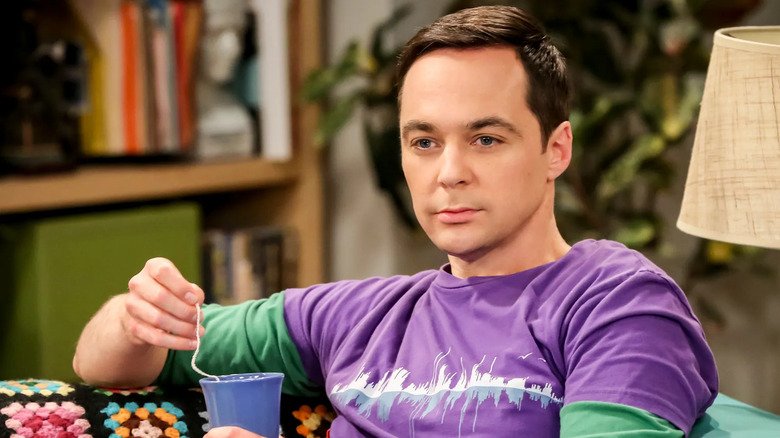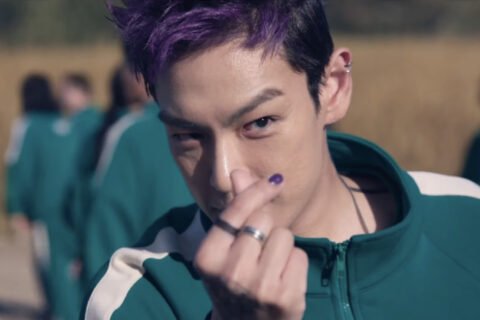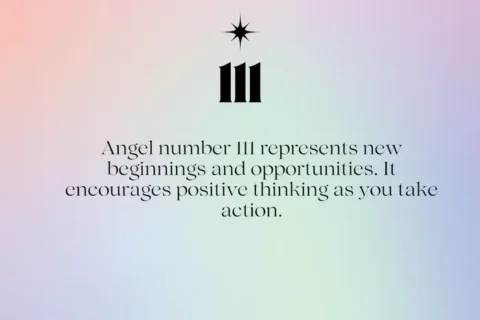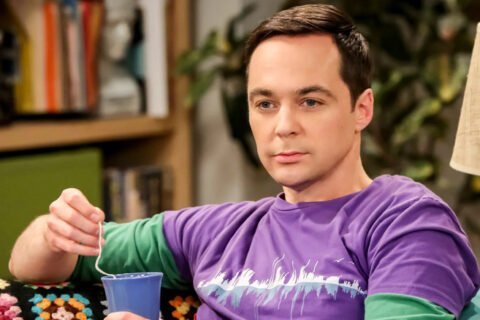Sheldon Cooper is one of the most iconic characters in television history. Known for his razor-sharp intelligence, eccentric routines, and inability to grasp basic social cues, he became the centerpiece of The Big Bang Theory. Later, the prequel Young Sheldon gave fans an even deeper look at his early life. His famous catchphrases, his awkward yet lovable personality, and his character growth have left an unforgettable mark on pop culture. This article takes you through his background, quirks, and lasting legacy.
Origins and Early Life
Sheldon Lee Cooper was born on February 26, 1980, in East Texas. From the moment he could talk, his brilliance was obvious. He read at a very young age, understood complex science by elementary school, and was already conducting experiments far beyond his peers’ understanding. By age eleven, he entered college, and by sixteen, he had completed a doctorate.
The spinoff series Young Sheldon explores this stage of his life in more detail. In the show, viewers see the challenges faced by a child prodigy growing up in a small, football-obsessed Texas town. Surrounded by a family that struggled to fully understand his genius, Sheldon learned to navigate both admiration and isolation from an early age. These experiences shaped the adult fans who later met in The Big Bang Theory.
Career and Academic Achievements
As an adult, Sheldon became a theoretical physicist at Caltech in Pasadena, California. His field of study included string theory and quantum mechanics, where his genius truly shone. Though he often bragged about his superior intellect, he genuinely contributed groundbreaking ideas.
Despite his brilliance, Sheldon frequently clashed with colleagues due to his arrogance and inability to compromise. His roommate and best friend Leonard often served as the buffer between him and the rest of the group. Over time, however, his collaborations with friends and eventual Nobel Prize win alongside Amy Farrah Fowler proved that his genius could also work in harmony with others.
Personality Traits
Intellectual Brilliance
Sheldon Cooper is defined by his extraordinary mind. With an IQ of 187 and an eidetic memory, he can recall entire books and complex equations without hesitation. His brilliance gives him confidence, but also arrogance. This self-assuredness often causes humorous clashes when he cannot understand why others don’t see the world as he does.
Social Struggles
While his intelligence is unmatched, Sheldon struggles socially. Sarcasm, irony, and casual conversation confuse him. His blunt honesty, while often unintentionally rude, provides many of the show’s funniest moments. Despite these struggles, he slowly learns the value of empathy and companionship through his relationships with Leonard, Penny, Raj, Howard, and Amy.
Quirks and Routines
Perhaps the most charming part of Sheldon Cooper’s character is his long list of quirks. He refuses to sit anywhere but his “spot” on the couch, insists on knocking three times while calling someone’s name, and carefully plans out his meals by day of the week. These eccentricities highlight both his need for control and his comedic appeal.
Growth and Emotional Development
At the beginning of The Big Bang Theory, Sheldon is portrayed as socially detached and even self-absorbed. However, over twelve seasons, he evolves in subtle yet powerful ways. His friendship with Leonard grows into a brotherly bond. His relationship with Penny softens his perspective on emotions. And his romance with Amy teaches him patience, compassion, and love. His eventual marriage and shared Nobel Prize mark the peak of his growth.
Iconic Moments
Over the years, Sheldon has given fans countless moments that remain etched in TV history.
- His invention of “Rock, Paper, Scissors, Lizard, Spock” became an instant hit.
- His love for comic books, trains, and video games created endless geeky scenarios.
- The introduction of his word “Bazinga!” after every prank or joke quickly turned into a worldwide catchphrase.
- His awkward yet sweet proposal to Amy touched fans who had watched his emotional growth unfold.
- His speech during the Nobel Prize ceremony, where he finally acknowledged the importance of his friends, marked a beautiful end to his journey.
These moments combined intellectual humor with heartfelt storytelling, proving why audiences connected so deeply with him.
Cultural Impact
Few TV characters have left the kind of cultural footprint that Sheldon Cooper has. Jim Parsons, who played Sheldon in The Big Bang Theory, won four Primetime Emmy Awards for his performance. Critics praised him for bringing authenticity to a character that could have easily been one-dimensional.
Beyond awards, Sheldon’s habits and phrases became part of everyday conversation. His couch spot obsession, his loud “Bazinga!”, and his scientific jargon are referenced across media and even used in classrooms to spark student interest in science.
The success of Young Sheldon, which narrates his childhood with adult Sheldon’s voiceover, proves that audiences still crave more of his story. From memes to merchandise, Sheldon continues to be a global phenomenon.
Legacy
The legacy of Sheldon Cooper lies in his ability to blend intellect with humor. He showed that genius does not always mean perfection. Instead, his flaws—his stubbornness, his rigidity, his awkwardness—made him relatable and lovable. Over twelve years of The Big Bang Theory, viewers watched him evolve from a self-centered genius into a Nobel Prize–winning scientist with a family and strong friendships. That transformation secured his place as one of television’s greatest characters.
FAQs
Who is Sheldon Cooper?
He is a genius physicist from The Big Bang Theory and Young Sheldon, known for his intelligence, eccentric routines, and humorous personality.
What is Sheldon Cooper’s IQ?
His IQ is 187, placing him well within the genius category.
What is Sheldon’s catchphrase?
His famous catchphrase is “Bazinga!”, usually said after he makes a joke or prank.
Why does Sheldon knock three times?
It is part of his obsessive routines and gives him a sense of comfort and order.
Who plays Sheldon Cooper?
Jim Parsons plays adult Sheldon in The Big Bang Theory, while Iain Armitage portrays young Sheldon in the prequel series.





